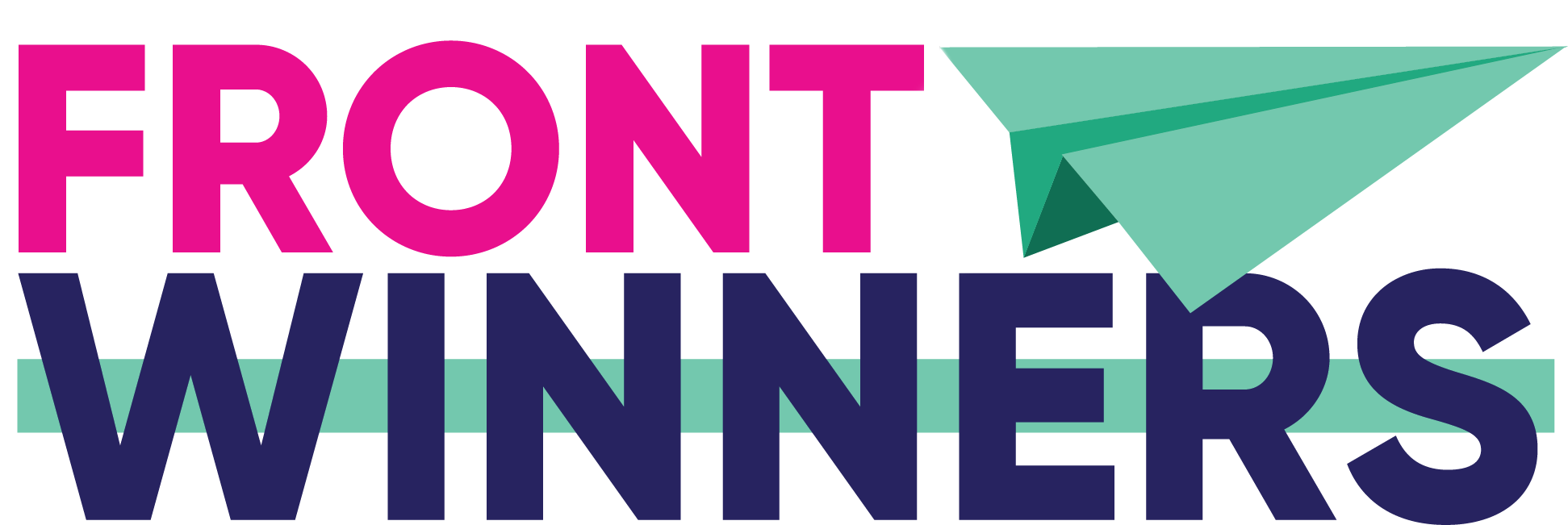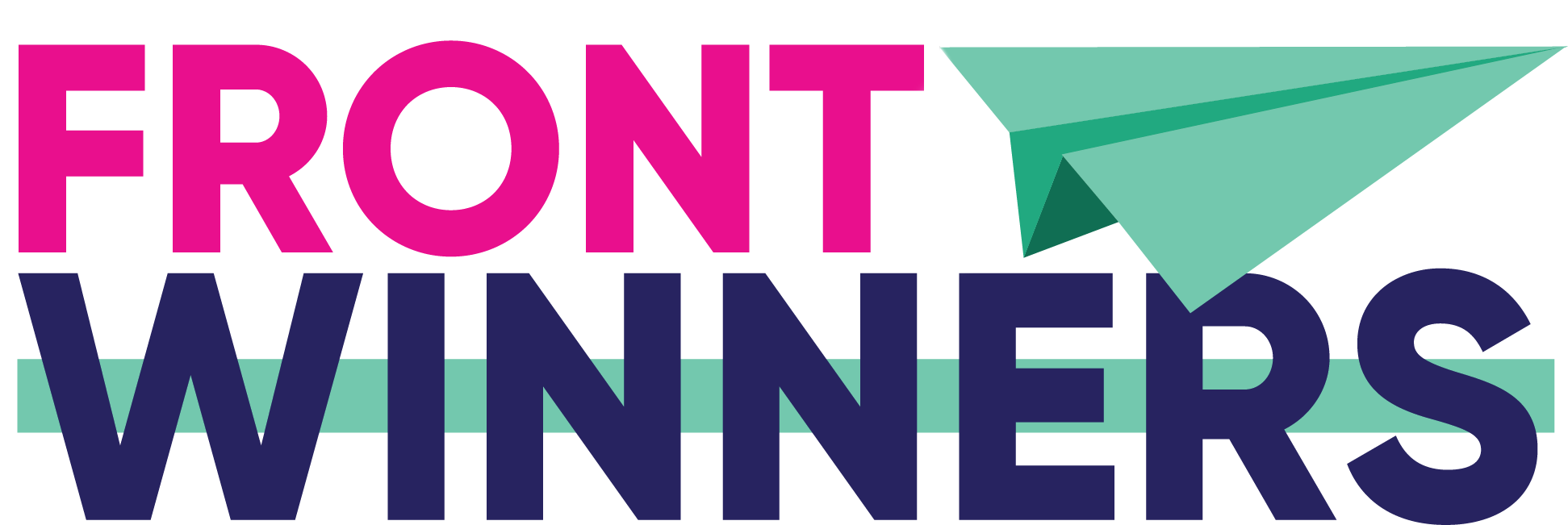PROJECT TITLE
FrontWinners: (re)Skilling for Mentors with Immersive Experiences
PROJECT DATE
Start Date 2020-10-01
End Date 2023-03-31
PROJECT DURATION
30 Months
PROJECT NUMBER
2020-1-PT01-KA203-078338

FrontWinners: (re)Skilling for Mentors with Immersive Experiences
Upon the development of the first edition of the course “Digital Literacy for Labour Market” which was based on an Erasmus+ KA2 Project (T21 http://t21.ese.ipsantarem.pt), in which was developed a set of activities regarding digital competences, inclusion and employability that were identified as good practices, replicable in other countries and continents.
The coordination team of the course quickly realised that it was paramount to provide training based on the characteristics and realities of students with intellectual and developmental difficulties. Thus, it proceeded to the implementation of a training in Digital Literacy for the labour market, which resulted in two years of training make up a total of 120 ECTS. The first year was devoted to transversal contents in the field of digital literacy for the labour market, and the second year focused on the skills required for students to perform well in the job market. However, a major issue was raised, which was the importance of having a pre and post training sessions to support the educators that were involved in the course. This issue represents a major concern for either the educators (teachers, trainers and coaches) point of view as well as in the learning skills that are needed to obtain in order to properly address the special needs of these students.
This partnership has started because the partners felt the same needs inside their organizations and with the population they worked with. Therefore, this project aims to address and enhance the skills of the mentors/educators (teachers, trainers and coaches) who work with Intellectual and Developmental Disability students in higher education contexts. These mentors require specific training on several skills (social, pedagogical, methodological, communicative, digital, entrepreneurial, etc) in order to properly support, train and capacitate students with Intellectual and Developmental Disabilities (IDDs) and address their learning needs. This issue is still a present concern in many European countries, especially on those who have the departments or resources to implement this type of training programmes in their Higher Education Institutions but still lack the know how or the specialised human resources that can enable the implementation of these courses, specifically concerning the student’s follow up in their learning process.
Thus, mentors (teachers, trainers and coaches) need to be well prepared and attain the enough skills and competences to cope with the learning process of students with IDDs, since these students require a more informal learning focused on communication, collaboration and adapted pedagogical practices. Thus, it is critical that the organisations take an active role in providing re-training programmes, in which individuals can take a proactive opportunity to gain and enhance skills and to have a better approach when teaching students with IDDs.
Therefore, the focus of the proposed project is the implementation various educational contents, from methodologies and guidelines, educational kits, one Escape Room with immersive games, best practices handbooks and an LTT activity for staff. The LTT will address mainly social, pedagogical and methodological practices and how to engage with IDDs in a classroom context, as well as a focus on the specific competencies and learning contents that this target group desires and need to acquire in order to become more autonomous, social included and labour oriented. These sessions will have the support of tangible outcomes such as the training materials, case studies and best practices handbooks. As for deliverables after the training sessions, the focus will be on: a) a roadmap to labour market guidance and b) a job incubation that allow less effective trainees (which could unstable a work environment) to improve their autonomy through an adapted monitoring tailored to their labour competences and needs.
We hope to have a large impact inside the partnership with the project, but more important in the community and the target group (mentors and educators) but also in the ultimate beneficiaries, the IDDs citizens, enhancing both the skills of educators and learners, promoting inclusion.
PROJECT AIMS
AIM 1
To design and implement innovative educational content in the form of teaching and learning activities using formal and non-formal methodologies with concerns regarding the engagement of IDDs students in Higher Education contexts.
AIM 2
To enhance mentors skills according to the priorities set out for Higher Education and in order to answer to the needs of the training contexts of the nowadays inclusive society.
AIM 3
To develop practices in the context of inclusive Higher Education that meet the challenges of innovation and respect the basic principles of data protection, open source and security.
AIM 4
To evaluate the process of learning development and its adaptation to other Higher Education environments considering the sustainability of the model tested within this project and its evolution and transferability to other countries.
AIM 5
To share the good practices among our countries and with others. Building and disseminating them in the political, societal, technological and economic fields, thus contributing to the change of mentalities.
FINANCED AND SUPPORTED BY
ERASMUS+
Erasmus+ is the EU’s programme to support education, training, youth and sport in Europe. Its budget of €14.7 billion will provide opportunities for over 4 million Europeans to study, train, and gain experience abroad.
